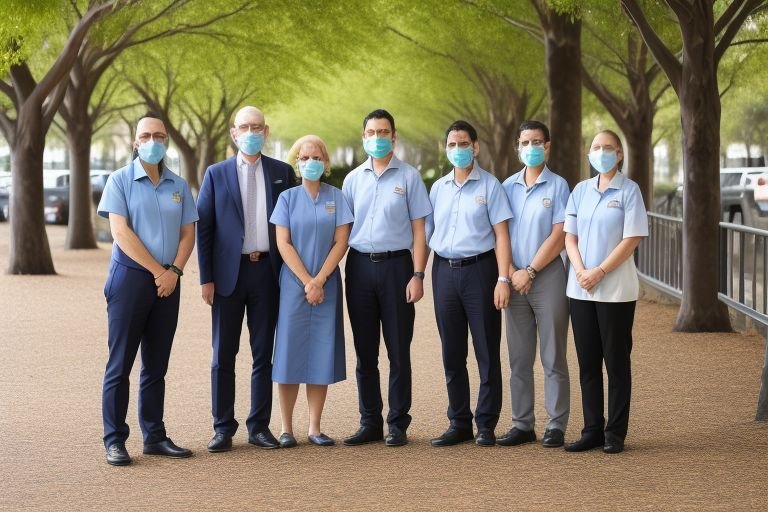THREE of Melbourne’s biggest health services have partnered the University of Melbourne in a bid to decrease the institution’s authority environmental impact of healthcare. Conceived on World Environment day and undertaken to align hospital delivery with environmental requirements that are still able to offer quality medical services that are characteristic of Melbourne hospitals.
The program, led by the RMH, mobilizes important stakeholders in Melbourne to respond to the problem of environmental concerns within the healthcare system. This kind of partnership is similar to the realization that most industries, including health, have a large impact on the environment hence the need for new policies that ensure sustainable practices within the various sectors.
Under this green venture, the RMH has previously embarked on this mission by fixing new solar panels at three facilities. These outcomes are anticipated to generate massive energy cost cutting and reduced discharges of carbon dioxide in the process. Sustainability at the hospital does not only mean saving energy but involves saving or properly disposing all other resources used at the hospital.
Through this link, those health services shall be working together with the University of Melbourne to enhance innovative delivery of sustainable health care solutions. Working with such research-oriented university and practical hospitals’ experience, the partnership’s ultimate goal is to create and implement new best practices that are applicable on a larger healthcare-field scale.
This environment pressure in time when Melbourne has been receiving accolades for its healthcare service delivery and research. The city has long been acknowledged as an academic capital of clinical practice, medical research and training of professionals. This new focus on sustainability is going to add value to Melbourne as a city that really cares about progressive healthcare.
The idea has also received a lot of support from the health professionals as well as environmental conservationist. For many, this is the first step towards restoring balance between what is arguably one of the healthcare industry’s most important pillars, the hospitals, and what is fast becoming one of the century’s most critical needs, the climatic crisis. With the revelations of climate change impacts, new considerations of the healthcare sector are indicated by its roles in climate change and its impacts.
Obviously, on the short-term perspective the main concern is on minimizing hospitals’ environmental harm, but on the longer view the broader picture incorporates saving general populations’ health through improved preventive care which could similarly decrease the carbon footprint of the health care industry as a whole. This is in line with Melbourne’s wider position as a city that respects health and overall quality of people’s lives.
Such a concept can be expected to create a precedent for other healthcare systems locally and globally as this unfolds. The best practices established and the changes that Melbourne can make today may serve as a model for global reform in the healthcare sector, which will help create healthier and more sustainable future for humanity.

